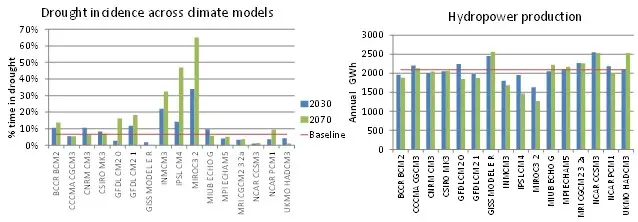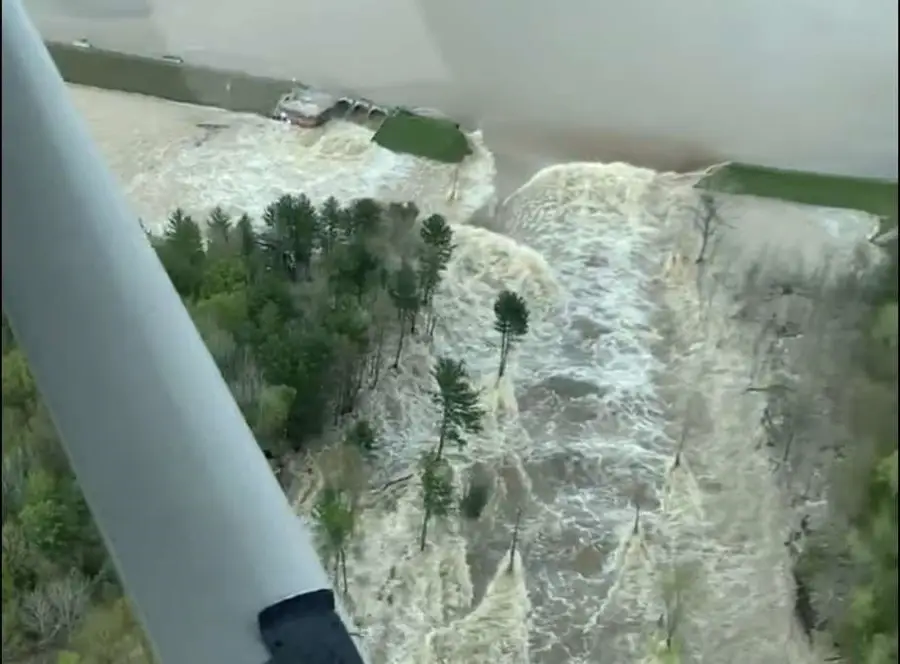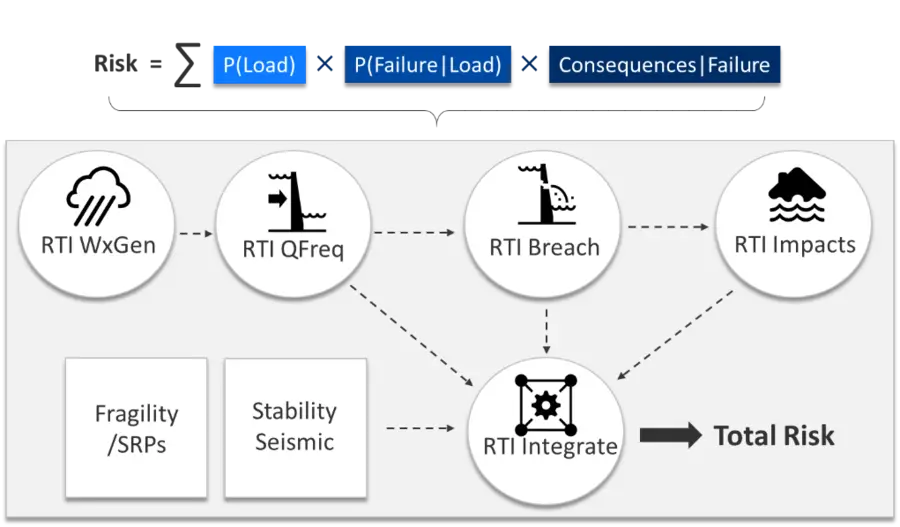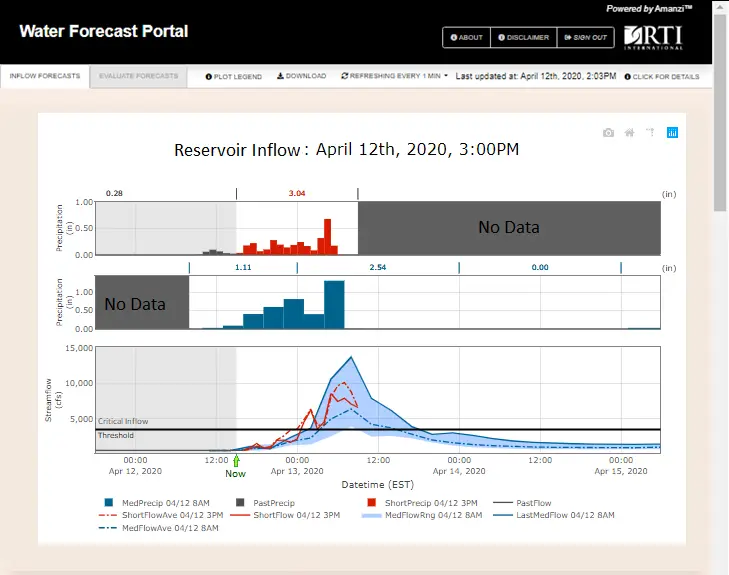It is the 73rd day since I started working from home because of COVID-19, and over the past 73 days, I have witnessed our society rush into a new routine at lightning speed.
I have participated in many webinars that discussed how the hydropower industry prepared for and managed this pandemic and was comforted to see that our industry has handled the pandemic very well. We have kept our plants running, our customer’s lights on and our workers safe, but I can’t help but think about what we should do if we face another pandemic in the future. Three words keep circulating in my head – preparedness, vulnerability, and recovery.
Preparedness
In the early stage of the pandemic, many hydro operators activated their Business Continuity Plans (BCPs). Some BCPs had well laid-out details on every aspect of their business operations, while others were more high-level and required managers to develop actionable measures as they encountered new issues along the way.
To a great extent, the quality of a company’s BCP determined how well-prepared it was to respond to this pandemic. Through this experience, some companies recognized that their BCPs were focused only on natural disasters and others realized that their BCPs only addressed emergencies at one or several of their locations but did not prepare for a worldwide emergency.
As we learn valuable lessons from this global pandemic and evaluate ways to improve our BCPs, it is important that we use those lessons to prepare for disasters that could be induced by other on-going global issues such as climate change.
Effectively preparing for climate change requires thinking differently and asking new questions. Should we consider developing “Climate Continuity Plans (CCPs)”? What scenarios should we consider in preparing for a CCP? Can we develop proactive long-term strategies to avoid some of these potential disasters? If we can’t avoid them, where should we focus our resources during a disaster like this?
People typically associate climate change with extreme floods. As a result, flood control may be a top priority for hydro owners in their BCP/CCP development. Though flood control is an important consideration in the hydropower industry, climate change has diverse effects. Therefore, to be well prepared to respond to the wide-reaching impacts of climate change, we first need to gain a better understanding of the implications of climate change in each specific region.
For example, Figure 1 below presents results from a recent RTI climate study on drought in an eastern U.S. region. The study revealed that there is a high probability that the region would face more droughts over the next 50 years. The potential consequences of drought are water scarcity and reduced hydropower production. Taking that into account, the CCP for this region may need to focus on water supply shortage and power outages as opposed to flood control.

Vulnerability
By now, we know that COVID-19 poses the greatest risk to vulnerable populations including the elderly and those with pre-existing health conditions. Similarly, many dams in the U.S. are vulnerable to the impacts of climate change because they are aging infrastructures with pre-existing issues. Even the youngest dams in the U.S. are over 30 years old, and the ages of these structures can increase the risks that lead to acute disasters
On May 20, the Edenville and Sanford dams in Michigan failed during a major storm event, causing 10,000 residents in the area to evacuate. The dams were nearly 100 years old and had known spillway capacity and structural issues for years.

The Edenville and Sanford dams are among the tens of thousands of aging dams in the U.S. Understanding the potential risks with these aging dams is the first step that hydro owners should take to evaluate ways to improve their dam safety programs and prioritize their resource allocation on their hydro assets.
Conducting a detailed risk evaluation on a large portfolio of dams is time-consuming and costly, but RTI offers a Rapid Risk Assessment that is a cost- and time-effective approach and evaluates your full dam portfolio to quickly sort out the dams that deserve the most attention.
Figure 3 below describes the RTI Rapid Risk Suite that utilizes publicly available data to automatically generate models for a large portfolio of dams and assess the total risk for each dam. The calculation of total risk includes hydrologic risks, life loss and economic losses. With this information, dam owners can develop a sound timetable for asset management and prioritize your short-term capital investments on the assets that carry the most potential risks.

Recovery
Finally, recovery is a hot topic these days. While we work hard to recover from COVID-19 safely, we expect everyone to adapt to a new norm – social distancing, rotating shifts, more telecommuting arrangements, etc.
Can we make our dam operations safer and more resilient while adapting to the new norms? The answer is yes. Nowadays more automated and smarter decision-making tools are available. These tools allow hydro operators to access information and make operation decisions anywhere and at any time.
Figure 4 below shows an example of RTI’s web-based Water Forecast Portal*. The Portal is a river forecast system customized to a client’s hydropower portfolio in terms of locations and critical warning thresholds. It can be expanded to automatically send out alerts to hydro operators when forecasted water levels and/or flows are expected to exceed these thresholds, and it can also automatically generate corresponding forecasted flood inundation maps. With this information, operators and emergency managers can tailor operations prior to events, determine the most vulnerable areas during a specific storm event and make informed flood management decisions with the latest data.

While we are still dealing with a great deal of uncertainty, there is no doubt that we will conquer COVID-19. We will get out of this pandemic stronger, wiser, and more prepared for the next crisis that comes our way. By combining our lessons learned from the pandemic with modern technologies, our hydro industry will also be better prepared to respond to future crises like climate change, water scarcity and market shifting.

